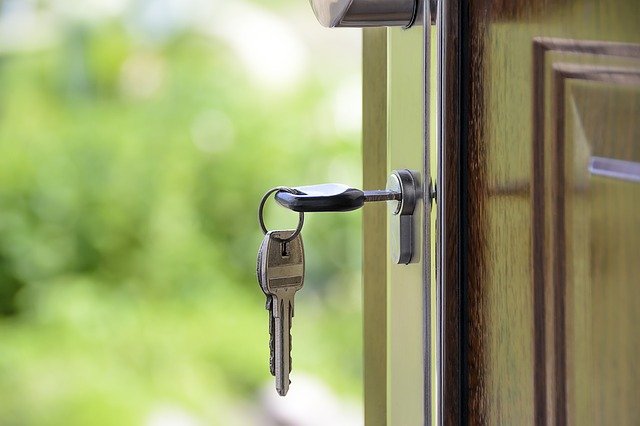A couple of months into recovery I was desperately trying to maintain my sobriety. With little support and in an environment saturated with alcohol, it was pretty much impossible. I didn’t learn until years later how it can take the body and mind time to heal after a substance use disorder. During this time of healing, triggers can pop up to sometimes derail what feels like strong resolve. It seemed that no matter how much I tried or wanted to stay sober and in recovery, it was always just out of reach. I was yet to learn how Recovering Residences can help support recovery.
My struggle with recovery.
There were a number of reasons I struggled for years to maintain my sobriety. Running from my past issues with trauma and resentments towards church and faith communities were some. My struggle to connect with other women also played a role. Not having safe and supportive housing was one thing that could have made a huge impact in my journey. That is why I advocate for recovery housing and recovery residence supports today.
The Substance Abuse and Mental Health Services Administration (SAMHSA) defines recovery housing as:
Recovery houses are safe, healthy, family-like substance-free living environments that support individuals in recovery from addiction. While recovery residences vary widely in structure, all are centered on peer support and a connection to services that promote long-term recovery. Recovery housing benefits individuals in recovery by reinforcing a substance-free lifestyle and providing direct connections to other peers in recovery, mutual support groups and recovery support services.
The importance of securing housing.
When I lived and worked in Madison, Wisconsin, I had the opportunity to work with several women’s recovery residences. It was incredible to witness the transformation of women once they had their housing needs met.
One powerful component of recovery housing is that a sense of community and intimacy can grow naturally and quickly. Sharing the experiences of addiction, mental health, and trauma can bond people in ways that many things cannot. I love a quote I read recently from Rachel Held Evans. It says that: “people bond more deeply over shared brokenness than they do over shared beliefs.”
In the shared space of a recovery home, people can join together and hold space for each other’s brokenness. Importantly, we can also learn lessons about life and sobriety as we heal from addiction.
The National Alliance for Recovery Residences is a great place for information about recovery residences in your area. It is also helpful if you are thinking of starting a recovery home. If you feel a “God nudge” (as my friend likes to say), it may be time for you to be welcomed home to recovery through the supports of a recovery residence.


